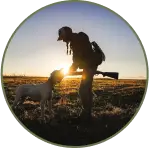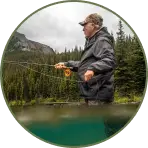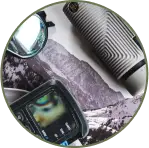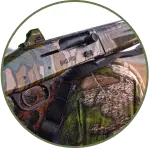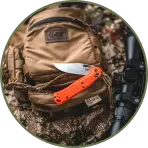Print Subscription-$35 for the Best Field & Stream Stories · Subscribe Today

F&S | Featured Story
HOofing It to Trout HEaven
Yeah, way down yonder on the Chattahoochee. Never knew how much that muddy water meant to me.
By Kade gewanterApr 20, 2024
Field & Stream Categories
Latest Field & Stream Articles
Conservation
Trump Administration to Revoke Roadless Rule Protections on 58 Million Acres of Public Land
Jul 01, 2025

